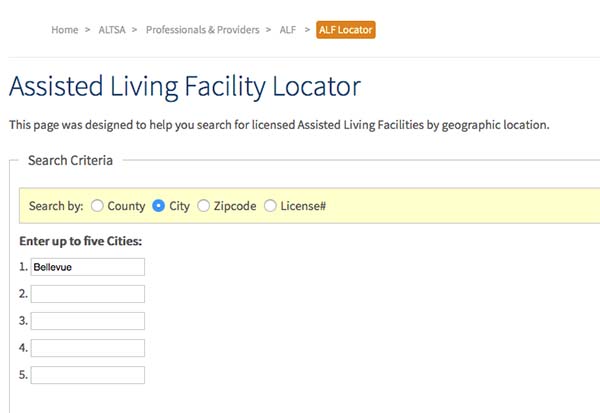Navigating the Intricate Financial Terrain of Elderly Care Choices
Navigating the Intricate Financial Terrain of Elderly Care Choices
Blog Article
Maneuvering the monetary terrain of elderly care choices can be a challenging endeavor for relatives and individuals. As individuals age, their needs often evolve, requiring different types of support and assistance. Comprehending the various options available, along with their related expenses, is essential for making informed decisions. This article will explore the different types of elderly care, the financial implications of each option, and strategies for managing these costs efficiently.
There are multiple types of elderly assistance options available, each catering to various requirements. Home care solutions allow seniors to receive assistance in their own homes, which can encompass help with everyday tasks such as hygiene, meal preparation, and medication supervision. Assisted living communities provide a more shared living environment, providing support with daily activities while enabling residents to maintain a degree of self-sufficiency. For those with more complicated healthcare requirements, nursing facilities provide comprehensive care, featuring 24-hour medical oversight. Understanding these options is crucial for families to decide what type of care most suits their loved ones.
The expenses associated with senior care can vary significantly based on the type of service selected. Home assistance services may charge hourly rates, which can accumulate quickly depending on the amount of hours needed each week. Assisted living facilities typically have monthly fees that include accommodation, meals, and basic care solutions. Skilled nursing facilities often have higher costs due to the comprehensive medical care provided. It is crucial for relatives to research and contrast costs, as well as to take into account any extra fees that may not be included in the starting cost.
Financing elderly assistance can be a complex process, but there are several choices available to assist manage these expenses. Many relatives rely on personal funds or income from pension funds to pay for costs. Extended assistance insurance is another option that can offer monetary support for various types of senior assistance. Additionally, government programs such as Medicare may provide support for those who qualify based on income and necessity. Understanding these monetary resources can help families make more knowledgeable choices about their assistance choices.
Planning for elderly assistance should begin early, as this can help reduce some of the financial stress later on. click this site Families are encouraged to have honest conversations about care choices and financial capabilities. Establishing a budget that outlines potential costs and available resources can also be beneficial. By taking preemptive measures, relatives can more effectively maneuver through the complicated financial terrain of elderly assistance choices, ensuring that their family members receive the care they need while handling costs effectively.